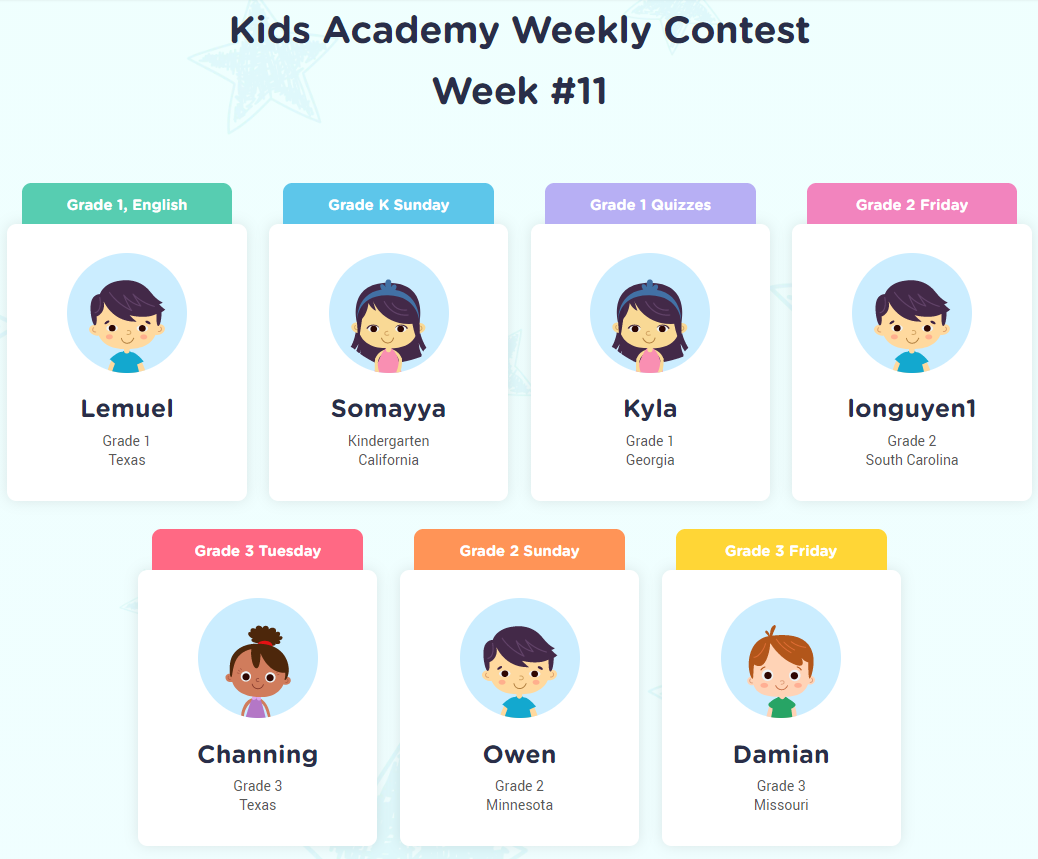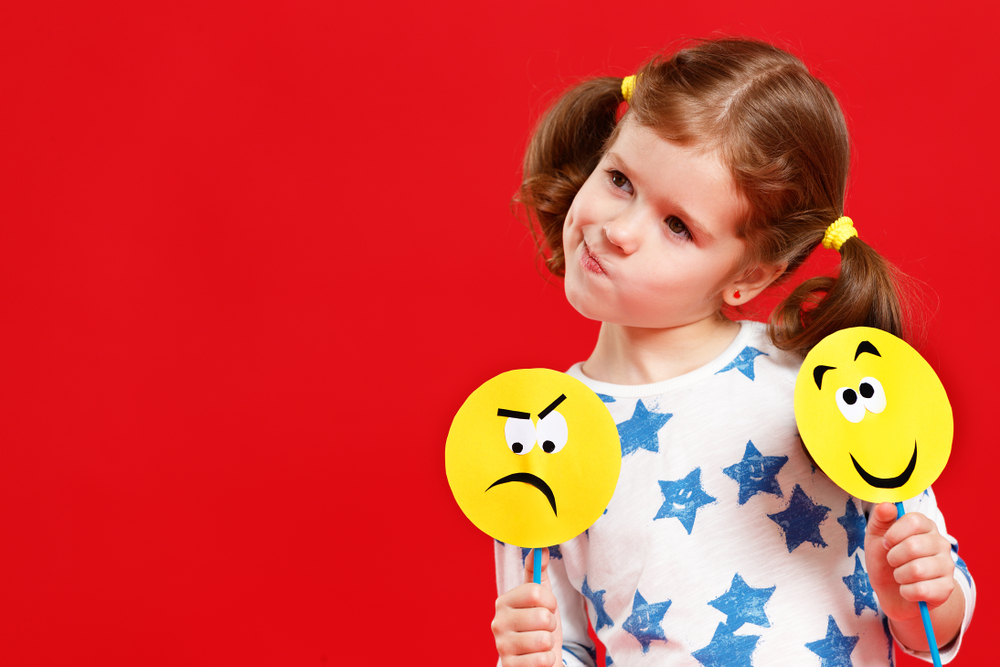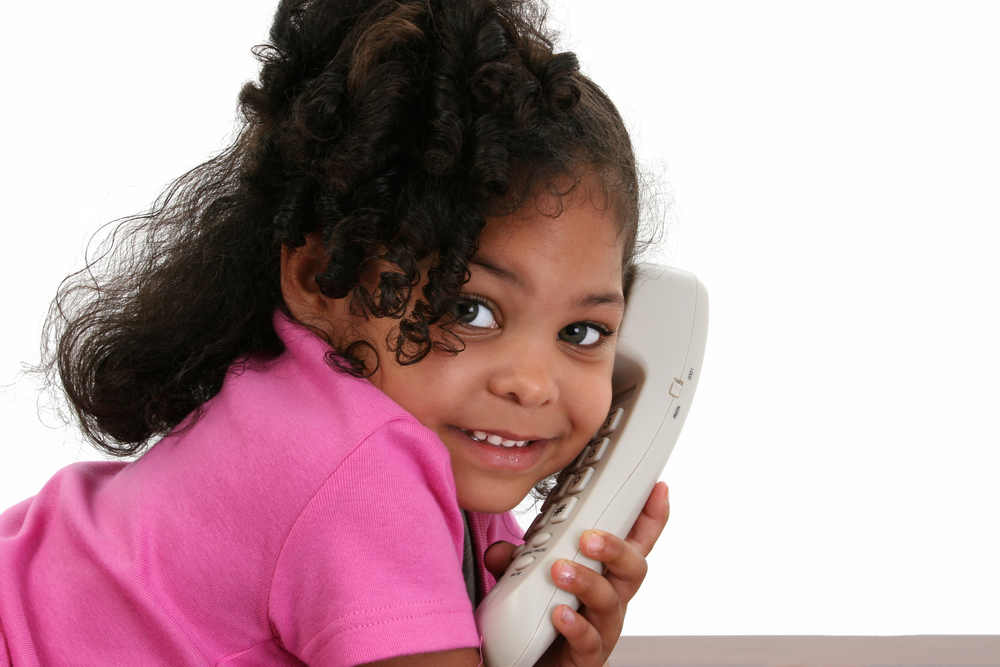Sequencing Skills Reading Worksheets for 3-Year-Olds
3 filtered results
-
From - To
Boost your child's reading comprehension with our Sequencing Skills Reading Worksheets designed specifically for 3-year-olds! These engaging activities help little ones understand the order of events in stories, enhancing their ability to follow narratives. Through colorful visuals and simple prompts, children will practice organizing pictures and events, reinforcing their critical thinking and reasoning skills. Our worksheets are specially crafted to align with early childhood development standards, making learning both fun and effective. Perfect for parents and educators alike, these resources foster a love for reading while building foundational skills that support future learning adventures. Start nurturing your child's sequencing abilities today!
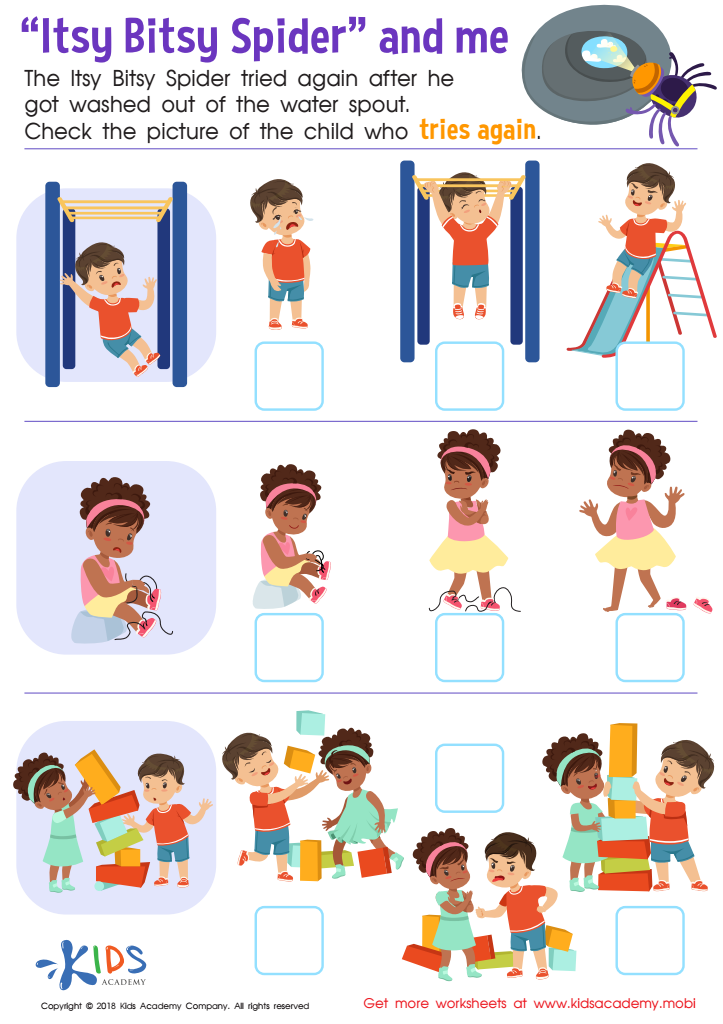

Itsy Bitsy Spider and Me Worksheet
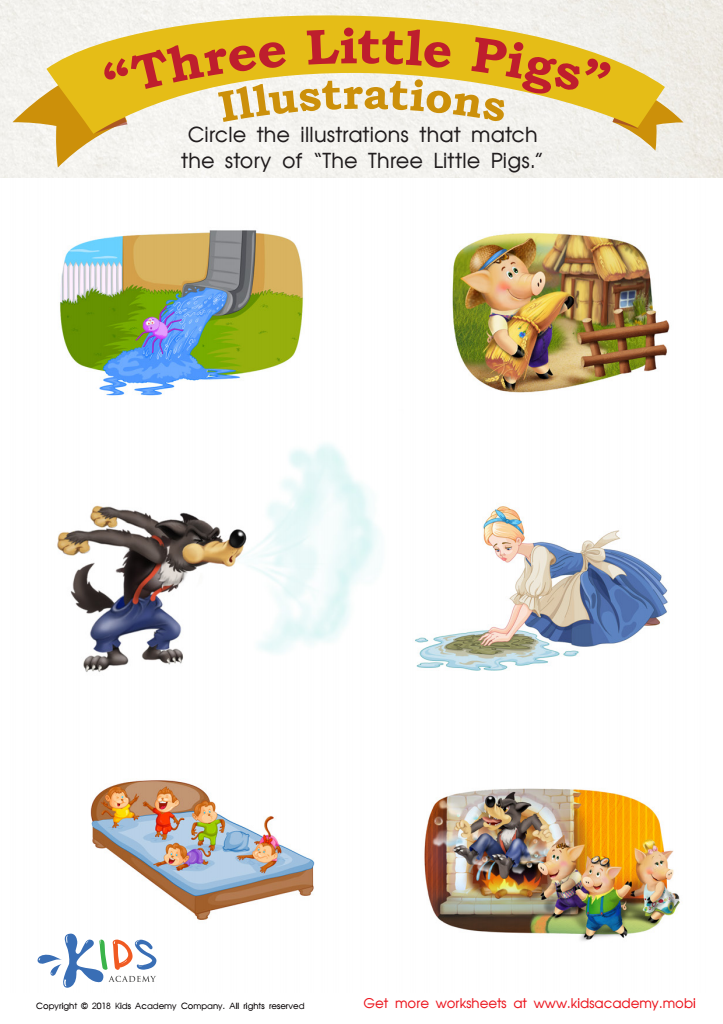

Three Little Pigs: Illustrations Worksheet
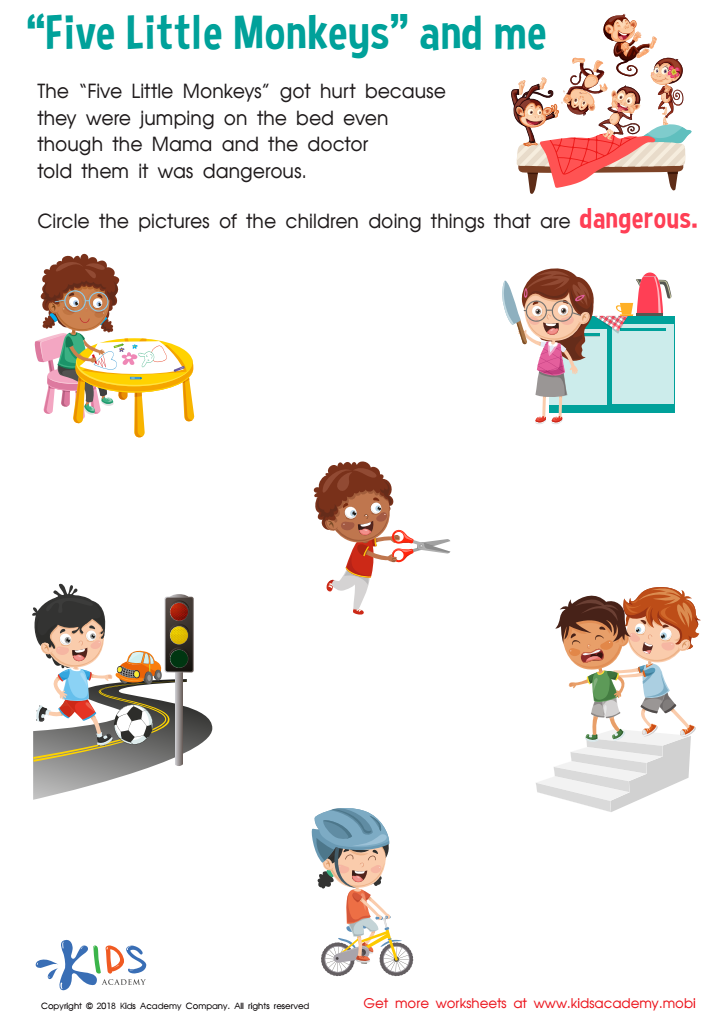

Five Little Monkeys and Me Worksheet
Sequencing skills are fundamental to early literacy and overall cognitive development, particularly in young children aged three. Understanding the order of events helps children make sense of stories and daily life, which in turn enhances their comprehension and critical thinking abilities. When parents and teachers focus on sequencing skills, they equip children with the tools to organize their thoughts and communicate them effectively, both verbally and in writing.
Additionally, sequencing helps build memory and attention spans, essential components for later academic success. Activities that promote sequencing, such as storytime where children are encouraged to predict what happens next, not only make reading engaging but also develop their imaginative thinking. By mastering this skill, children can learn to recount stories, follow instructions, and solve problems more efficiently.
Furthermore, good sequencing abilities foster social skills, as children become better at understanding narratives in interactions with peers and adults. In a world increasingly reliant on communication and understanding, nurturing these skills from a young age lays the groundwork for lifelong learning and social interaction. For these reasons, investing time in developing sequencing skills is paramount for parents and educators aiming to support their 3-year-olds' foundational growth and academic readiness.
 Assign to My Students
Assign to My Students






